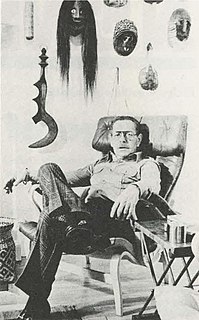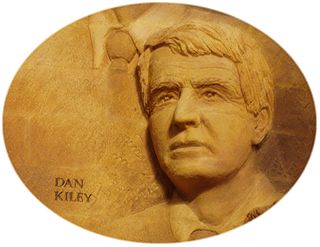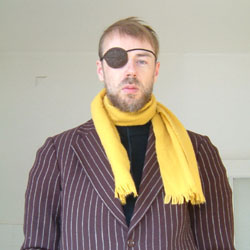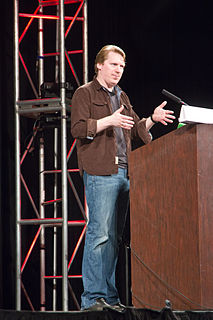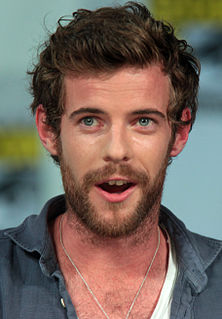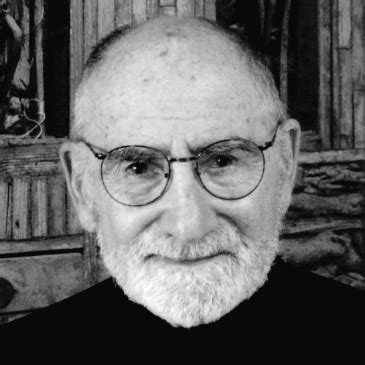A Quote by Victor Papanek
The only important thing about design is how it relates to people.
Related Quotes
My skills weren't that I knew how to design a floppy disk, I knew how to design a printer interface, I knew how to design a modem interface; it was that, when the time came and I had to get one done, I would design my own, fresh, without knowing how other people do it. That was another thing that made me very good. All the best things that I did at Apple came from (a) not having money, and (b) not having done it before, ever. Every single thing that we came out with that was really great, I'd never once done that thing in my life.
Museums are important. Design and art schools are important because they show how it should be done at the highest level of quality. Once people are exposed to quality, they recognize it right away and they appreciate it. People's tastes are changed by exposure to quality. Unless they can see it they can't want it. That's the brilliance of Apple - they provide quality in design.
I enjoy the optimism of design, even though we can see it as doomed. But I'm telling most people that I'm not writing about design any more this year. It makes no sense at all during the recession unless you write about sustainable or ethical design-very basic things, like how to get clean water in countries with a shortage of it.
Design is about creating spaces for people to enjoy and of course, creating moments where you elevate the spirit, but 'design for good' is figuring out a program that not only creates better spaces, but creates jobs, creates new industry and really kind of raises the conversation about how we rebuild.
The most common misperception is the word 'design'. People think of primarily pretty pictures or forms. They don't understand the depth to which design goes-not only in products, but in every aspect of our life. Whether it is the design of a program, a product or some form of communication, we are living in a world that's totally designed. Somebody made a decision about everything. And it was a design decision.
